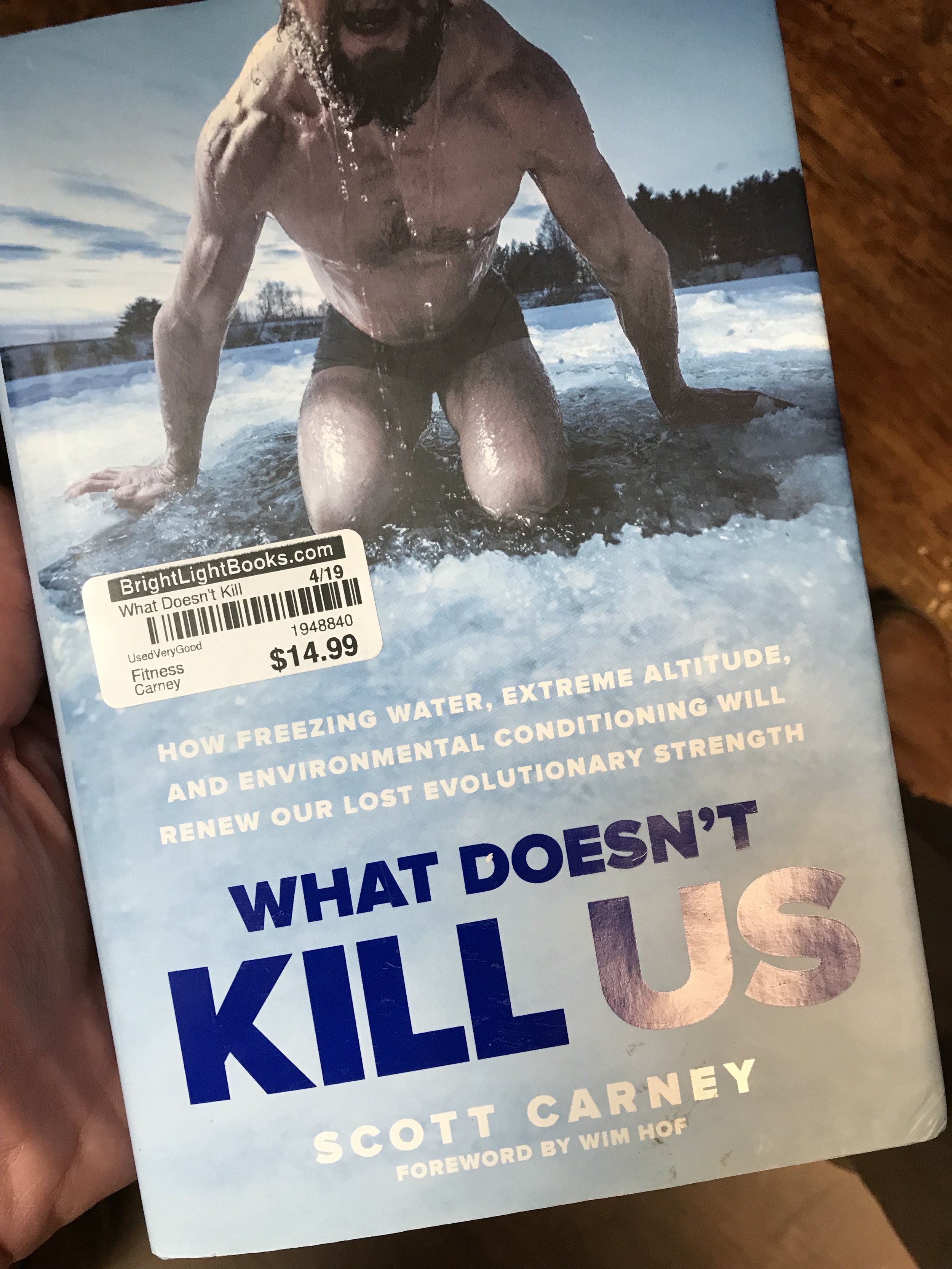“Whatever his mood - whether it was gay or breeze, or dark with rage - he had one pervading characteristic: he was purposeful” (pg. 14).
Shackelton’s unwillingness to succumb to the demands of everyday life and his insatiable excitement with unrealistic ventures left him open to the accusation of being basically immature and irresponsible. And very possibly he was - be conventional standards. But the great leaders of historical record - the Napoleons, the Nelsons, the Alexanders - have rarely fitted any conventional mold, and it is perhaps an injustice to evaluate them in ordinary terms. There can be little doubt that Shackleton, in his way, was an extraordinary leader of men” (pg 15).
“For scientific leadership give me Scott; for Swift and efficient travel, Amundsen; but when you are in a hopeless situation, when there seems no way out, get down on your knees and pray for Shackleton” (pg 16).
“Fortitudine vincimus - By endurace we conquer”
“I do not know how they did it, except that they had to” (pg 348).
This book was such an impact, was so inspiring, it made it into my weekly “Thoughtful Thought” staff email!
"Normalize Greatness." I shared this quote at the beginning of the year, and as we head into our final week of the semester, it has repeatedly come back to mind.
The days leading up to Christmas break are tough. We're tired, kids are antsy, projects and papers are due, and well, we're tired! For some, very tired.
Yet, the end is near! Now is the time to dig in and finish strong. Which can be very difficult to do.
So, if you will allow, I'd like to (hopefully) encourage you with this:
I recently finished the book Endurance, which I shared about a few weeks ago (the story of Ernest Shackleton), and I could not help but be fully inspired. Not only did Shackleton and his men brave and survive the frozen south, loving in relative contentment for over a year on the floating ice, but once they finally discovered land it quickly became apparent that it had nothing to offer and that they must quickly move on. So Shackleton and a few choice others set sail for a larger island some several hundred miles away. They were guided by the stars alone, through some of the worst oceans our world has to offer, for roughly two weeks, never really sleeping and quickly running out of water. But they survived and reached their needle-in-a-haystack- destination. Quickly, however, they discovered they were on the wrong side, and because of boat and weather conditions, they could not sail around. So Shackleton and two others decided to walk across the island. The only problem was nobody ever had, because the "saw-tooth thrust through the tortured upheavel of mountain and glacier that falls in chaos to the northern sea. In short, it was impassable" (pg 327).
Shackleton knew it. The men knew it. But, there was no choice. So they ventured on and conquered the just-about-impossible.
"The crossing of South Georgie has been accomplished only by one other party. That was almost forty years later, in 1955, by a British survey team . . . that party was made up of expert climbers and was well equipped with everything needed for the journey {and well fed!}. Even so, they found it treacherous going" (pg 347).
Yet, Shackleton and his men survived. They were also not surprised when they did. Because they had normalized greatness.
This has been extremely convicting for me lately because it is a tangible reminder of how great our bodies and minds can be. But then, the second I say it, the second I begin to believe it and start to live it out, another very real truth comes to mind. The plight of Boxer.
Boxer, the beloved horse from the brilliant short novel Animal Farm, held firm to his motto, "I will work harder" living it out daily, reciting it often, and becoming a great inspiration to his fellow farm animals. His motto encouraged him to get up earlier, work later, pull harder, and, at times, carry the entire success of the farm upon his broad shoulders.
But then, he fell. He broke. And was quickly sold to the local knackers.
Shackleton's story is a great reminder of what we can endure, what we can accomplish, and what we can overcome, if only we normalize greatness and get after it!
Boxer is a great reminder that we can't always be doing treacherous and crazy things all the time. At times, we need a break, to step away, and to heal.
As we head into our final week, remember Shackleton and continue to normalize greatness. Then, as we head into our Christmas break, remember Boxer and get some rest. A new journey will be waiting for your return:)





